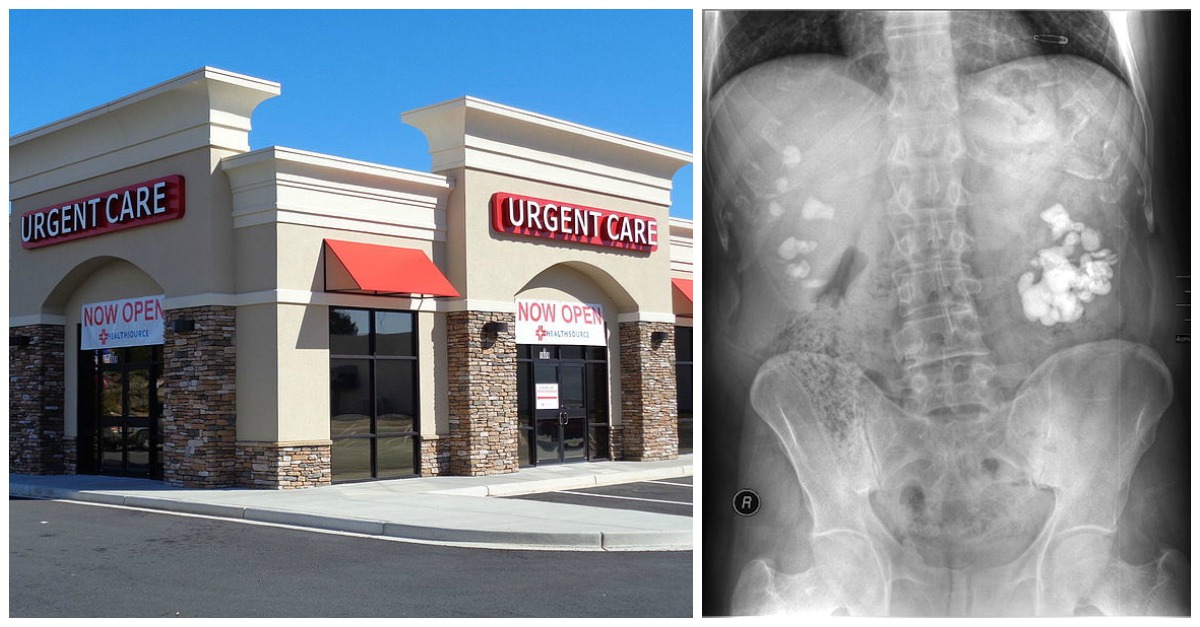
In this day and age, many of us are lucky enough to have access to many different types of health care options. There are clinics in our local pharmacies, there are primary doctors, there are emergency rooms for the most dire of situations, and then there are urgent care centers.
As someone who is constantly worried about the state of my health, it's comforting to know I can go somewhere that can address my problems without having to make an appointment in advance.
As of 2013, there were about 9,000 urgent care centers in the United States. But what do you really need to know about urgent care before you step foot in one?
Scroll through for nine things you need to know about these centers — I was quite surprised by how few of these I already knew!
Thumbnail source: Wikimedia Commons / Michael Rivera
1. Insurance Will Cover It — To An Extent

Your insurance carrier probably does cover some of the co-pay for urgent care centers, but be aware that it is most likely more expensive for you than it would be to set up an appointment with your regular doctor. The average co-payment for an urgent care center is $35 to $75.
If you can wait to make an appointment with your doctor for something like a typical cold, that might be a better option, but don't let the cheaper co-pay at your doctor's office deter you from going to urgent care when you need to!
2. You Should Go In The Middle Of The Day

It is likely that you work in the middle of the day and would prefer to go in the morning or evening, but that is the case for most other people as well.
If you're looking for a shorter wait time, try getting an hour or so off work and going in the afternoon while everyone else is still at their desks.
3. The Wait Is Much Shorter Than At An Emergency Room
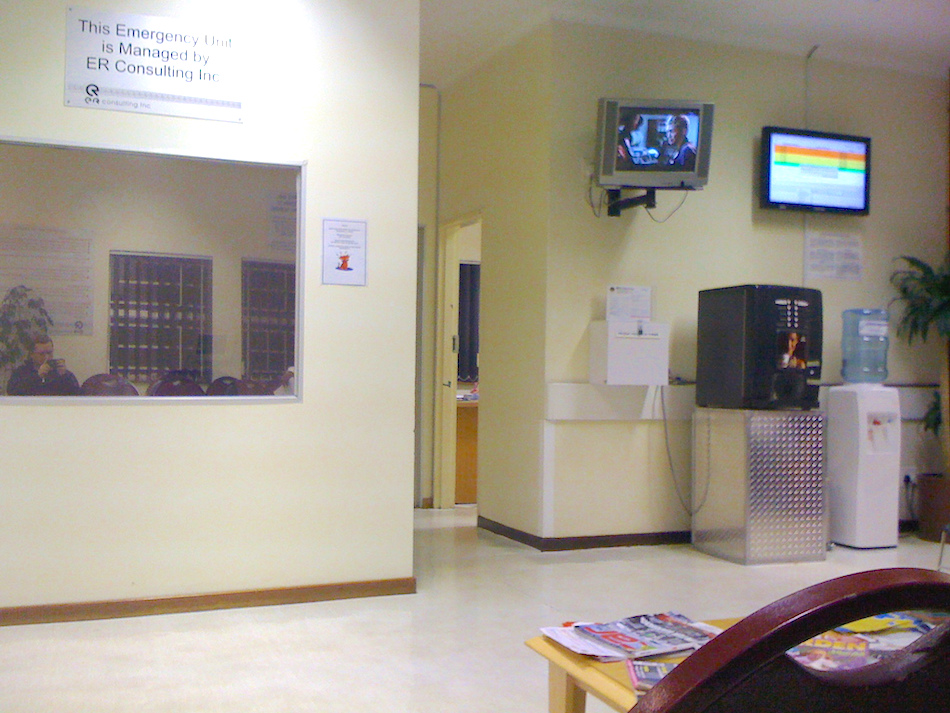
The average wait time for an urgent care clinic is 15 to 45 minutes, according to Urgent Care Locations. Forty-five minutes might sound like a long time until you remember that the average wait time for the emergency room is about two and a half hours.
This is not to say you shouldn't go to the emergency room. If you are in immediate need of medical attention or things are in any way life-threatening, you will get expedited at the ER.
4. You Should Opt For A Hospital Instead In Certain Cases
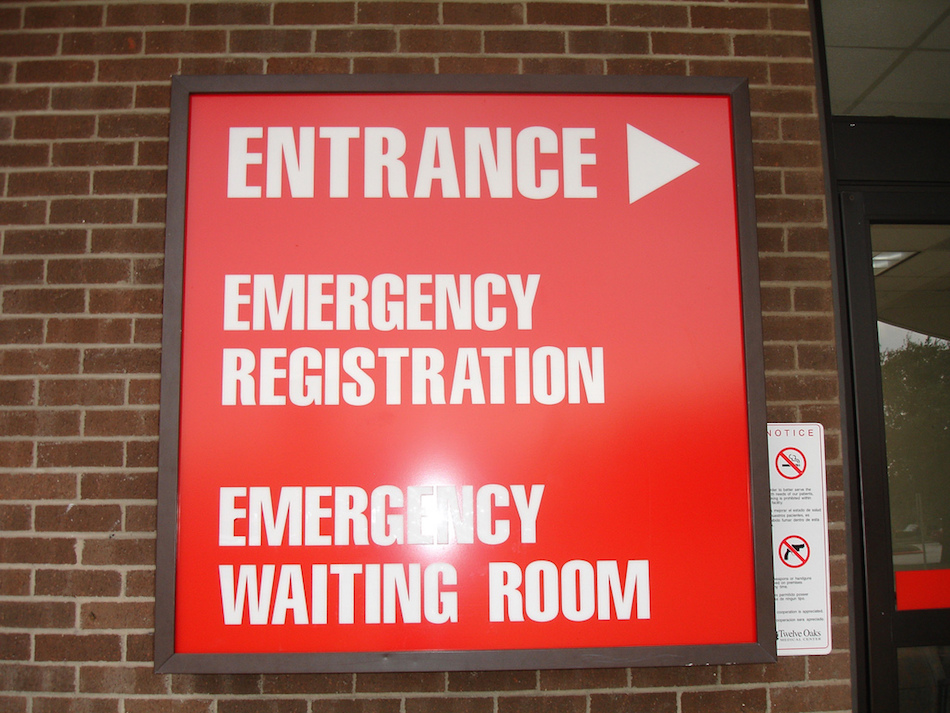
While urgent care centers are often equipped with X-ray machines and are able to perform a plethora of other tests, there are times when an emergency room is a better choice. If you have symptoms that point to something serious or life-threatening, please, go to the ER!
According to Advocate Health Care, the top 10 reasons you should rush to an emergency room are as follows:
- Pain or pressure in your chest
- Difficulty breathing or shortness of breath
- Sudden numbness or weakness of the face, arm or leg (particularly on one side of the body)
- Abdominal pain with vomiting
- Fainting or sudden dizziness
- Prolonged vomiting or diarrhea (could indicate dehydration)
- Uncontrolled bleeding
- Suspected poisoning
- Severe burns
- Sudden severe headache
5. They Aren't A Substitute For A Primary Care Physician
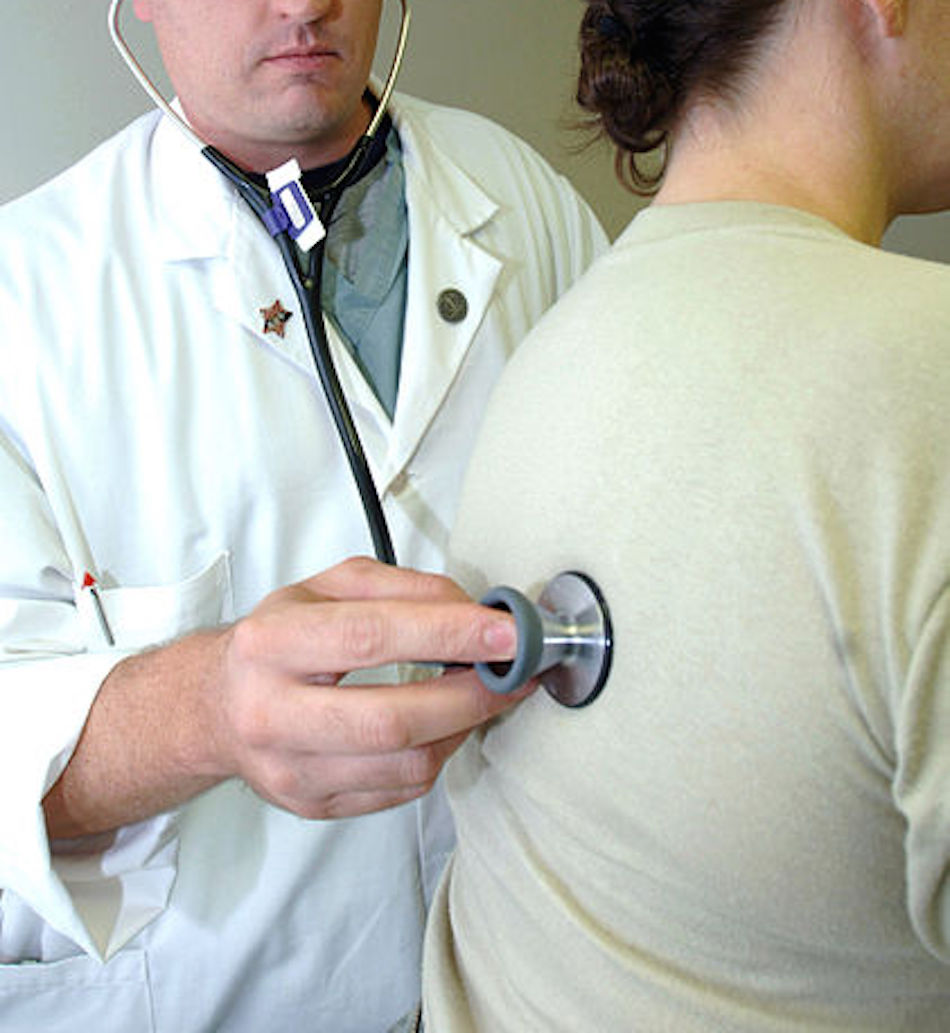
According to Becker's Hospital Review, 66 percent of urgent care patients have their own primary care doctor, and for a good reason. Primary care doctors can track your health over time, while urgent care facilities are great at treating immediate problems.
The two things do not serve the same purpose, and you should strongly consider finding a primary care doctor if you don't already have one.
6. They Offer Routine Physicals
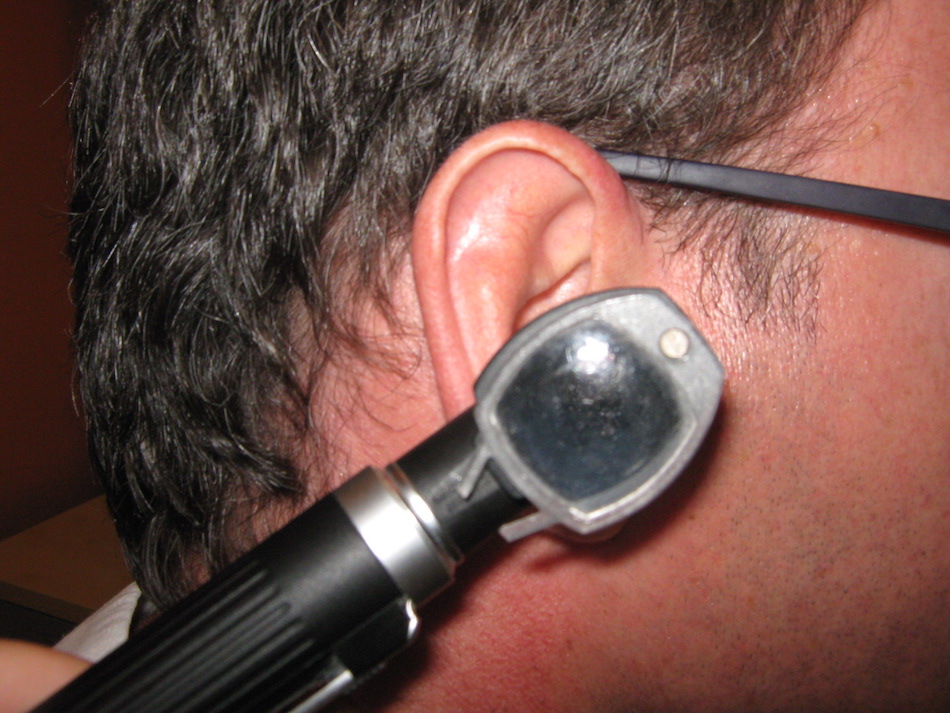
If you are in a crunch to get a physical for a job or something of that manner, then you can pop into an urgent care facility and get it done. However, again, remember that urgent care does not replace a regular doctor.
7. You Might Not Need To Show Up In Person

As technology advances, telemedicine is becoming more available and user-friendly in many states throughout the Unites States. In some places, patients can call urgent care doctors from anywhere within their own state and get a consultation over the phone.
According to Becker's Hospital Review, "In terms of telemedicine-friendly insurance coverage and reimbursement policies, Maryland, Maine, Mississippi, New Hampshire, New Mexico, Tennessee and Virginia all received top marks."
8. You Need To Come Prepared
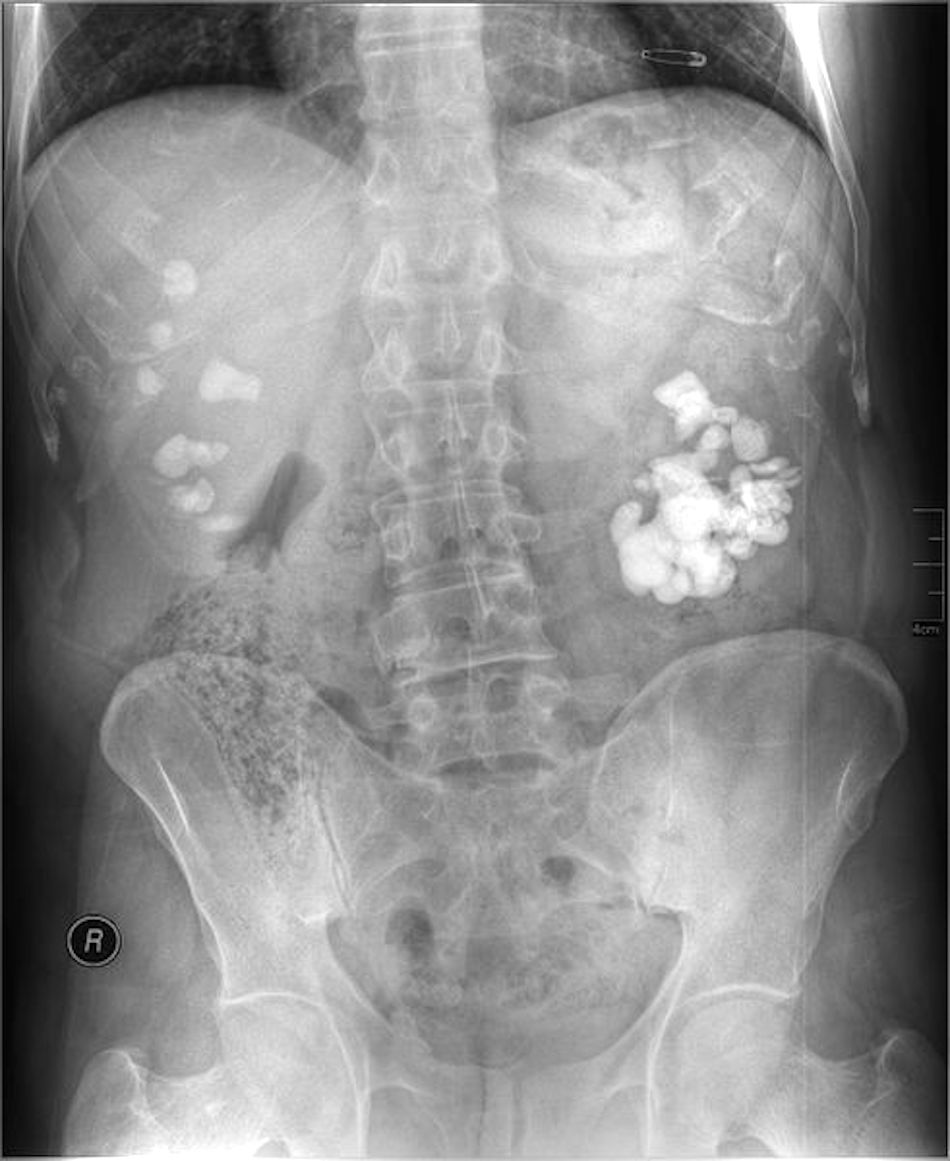
Because an urgent care doctor doesn't have all your records on file, you're going to need to bring a good amount of documents, including previous X-rays, test results, and proof of insurance.
And if you're bringing your sick little one to urgent care, you'll need proof that you are the legal guardian. If you are not the legal guardian, you'll need a notarized letter saying that you are permitted to take them to the facility.
9. You Might Be Seen By A Nurse Practitioner
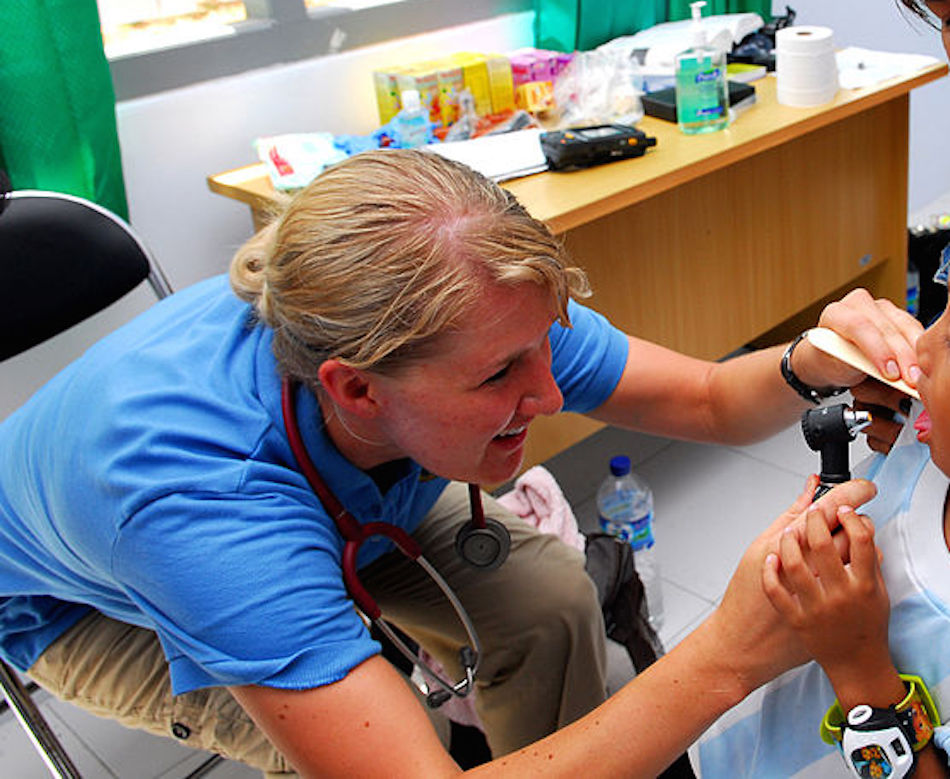
Nurse practitioners are amazing, and are trained in the same areas that lead physicians are. NPs are on the graduate level or doctorate level, and they're certified to do everything from diagnosing your problem to writing a prescription without the supervision of a physician.
This means that more folks will be able to be seen by qualified individuals quickly and efficiently, especially at urgent care centers, as many NPs are staffed at them.
Plus, nurse practitioners are, in my personal experience, ready to listen closely and are generally very empathetic.
Did you know these things about urgent care? Please SHARE with your family and friends on Facebook!




